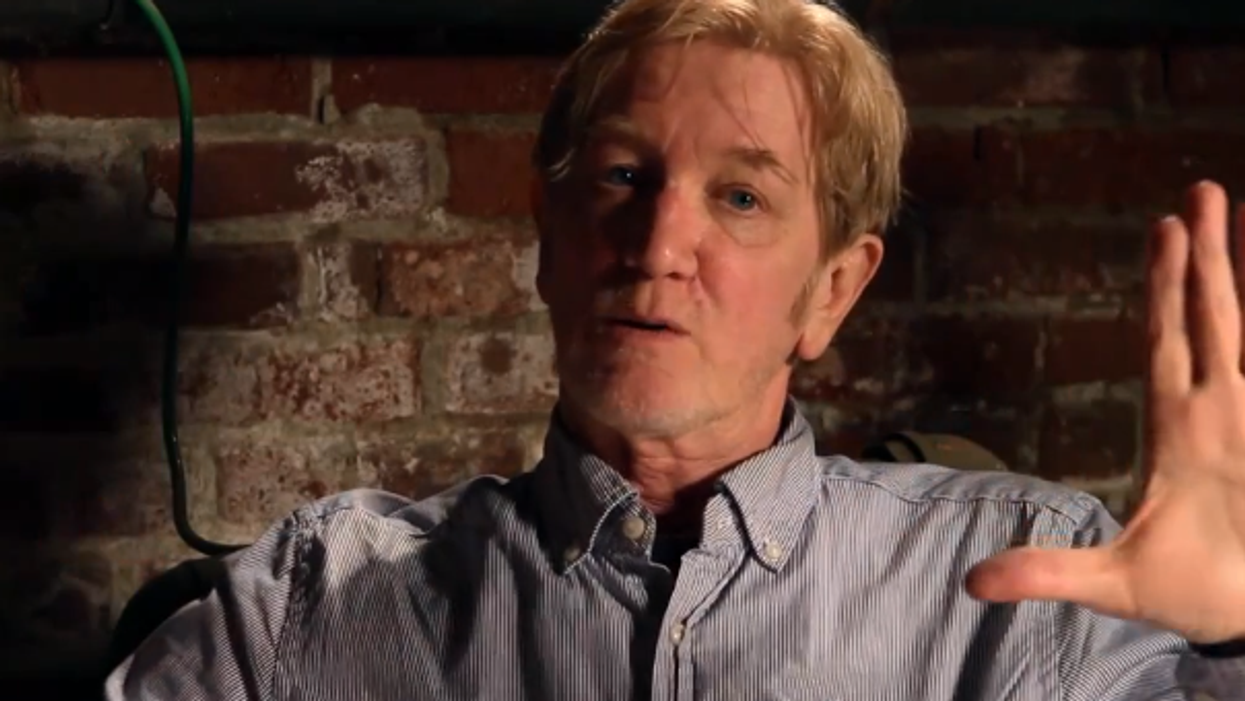'Palindromes' DP Tom Richmond: 'The Grammar of Filmmaking is a Good Place to Start'

Here's another awesome Craft Truck interview to munch on. Cinematographer Tom Richmond, who has shot some insane movies with the likes of Todd Solondz, Roger Avary, and James Gray, puts emphasis on composition and understanding that photography in a film is its own language. They discuss the grammar of the language and why working with directors is more akin to being a "Detective of Photography." Hit the jump for the full interview:
I don't think you can really be a really good poet unless you live and breathe the language already, like you know everything about that language in order to mess with it. And I apply that to film. Once you know why you did a close up, once you know the grammar of a close up, the grammar of a wide lens... Like, a backlight is a punctuation mark. So when you change that, you're doing it on purpose and not just because it looks cool, because if it just looks cool then you won't ever complete your sentences, you won't have a paragraph or any logic to your story. You'll just have a bunch of punctuation marks.
Still photography vs. motion photography:
The thing about films vs still photography is that it's based on a series of shots. That's the hardest thing to learn. Any one photograph will not make a movie because it has to have another photographer after it in time. And another one after that. It's a really huge challenge to go from a still image to a sentence of images.
Tom Richmond describes his vocation, the DP (Detective of Photography):
Your job as a DP is to figure out what they want before any given day of shooting. You don't wanna go in there and at the end of the day say "That director is so confusing," or you screwed up. They never teach a DP that you have to get to know the director inside and out, and when he says this he really means that. No matter what happens you have to get it shot and as uncompromising as possible.
Richmond is a great example of someone who has the ability to traverse many different styles in his work. Being able to push yourself and get outside of your comfort zone is an important part of creative work -- because who wants to do the same thing over and over again?
Want more? Head over to Craft Truck and check out the full podcast of this interview.
Share your thoughts on this interview in the comments below.











